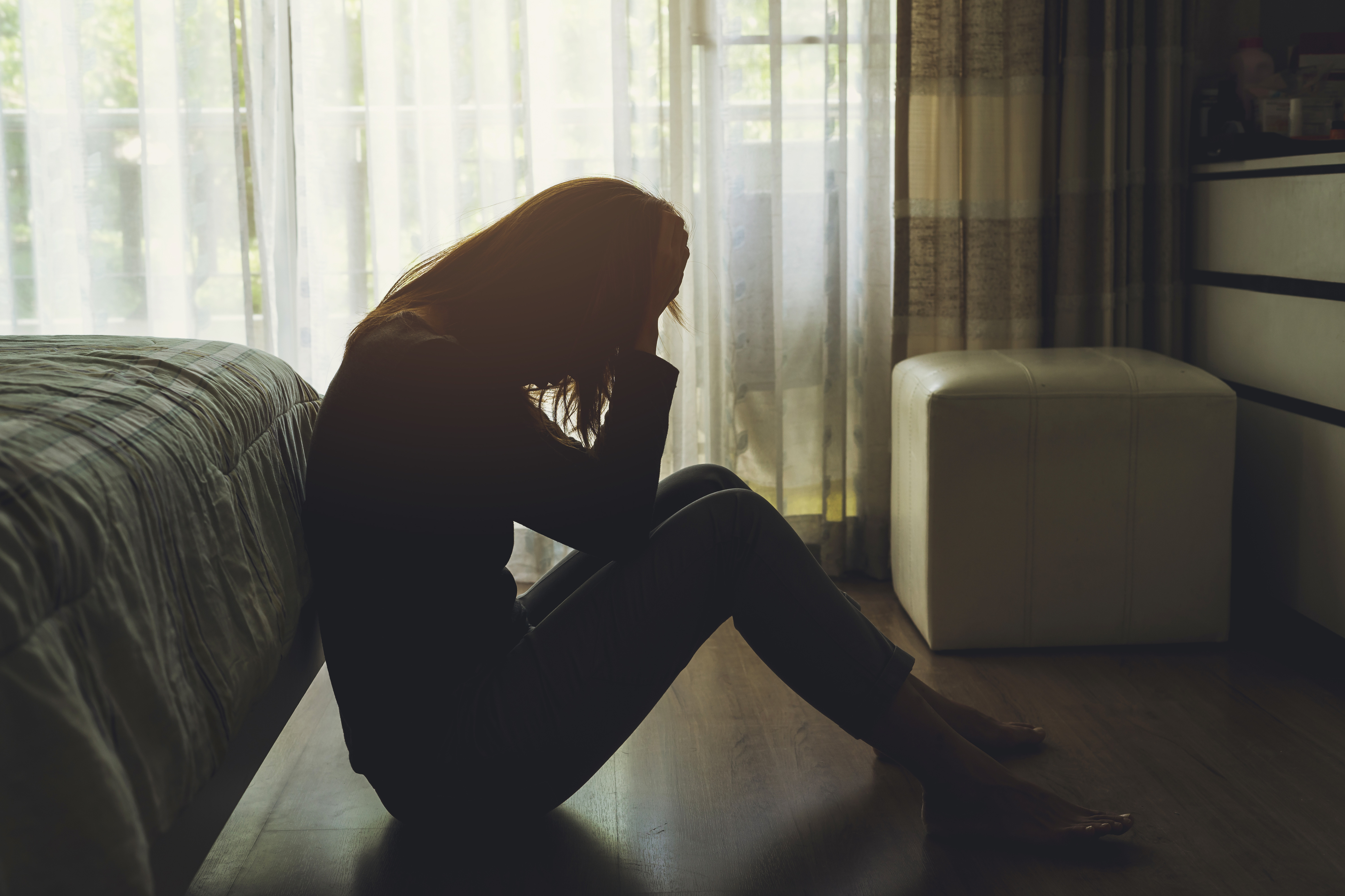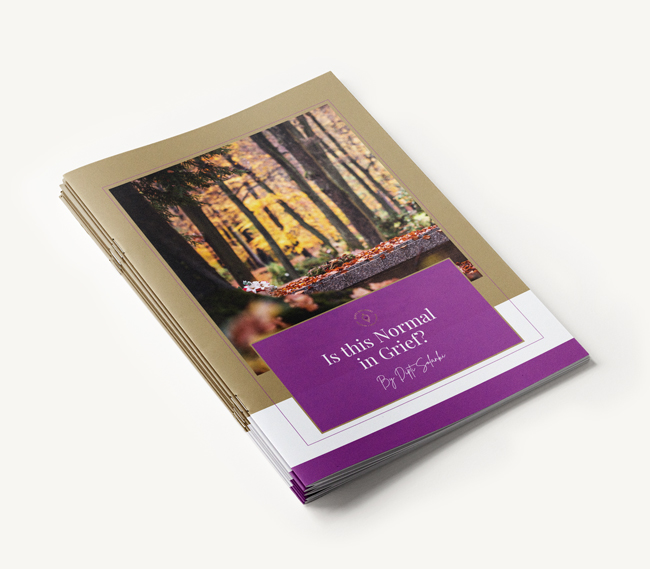
(This is an interview I gave to a publication called Asian Voice)
Grief is something all us have to deal with, but rarely talk about. Qualified homeopath and grief coach Dipti Solanki tells Asian Voice how unresolved loss and grief can have debilitating effects on your emotional and physical health
While we all know what to do in times of happiness and celebration, unfortunately when it comes to grief, we really don’t. We are easily told to ‘be strong’ and try and train ourselves to ‘look’ as if we are coping. But grief and loss can consume you over years. “We have developed a culture where people are encouraged to deal with grief silently, and alone,” says Dipti. “It’s seen as a sign of weakness to show that you are going through the grieving process”.
AV: Grief isn’t simply when someone dies…there are many kinds of grief, right?
Dipti: Grief is about loss. We not only experience grief when someone dies, but in divorce, separation, financial loss, physical, emotional or sexual abuse, estrangement from friends and family, loss of health, and so on. There are up to 30-40 different types of losses that can leave us in a state of grief. Grief has a cumulative and compounding effect and because we don’t have the correct information on how to deal with loss or grief, it all mounts up. Often the latest loss is not the only thing which leaves you devastated, it’s everything else that sits underneath it. This is often years of unresolved grief and pain which has its roots in so many different losses.
AV: What happens to the body and mind during grief?
Dipti: The mind and body are so inextricably linked, that when the body holds unresolved emotion it will always express it through physical symptoms. We live in an age of medicalised mind-sets, and people try to take a pill for every symptom. But symptoms are our body’s way of speaking to us, of saying there is something causing imbalance. It’s important not to suppress these and push them back down with drugs and instead recognise and deal with them.
Unresolved grief and loss can lead to depression, anxiety, panic attacks, a feeling of overwhelming tiredness and heaviness, fibromyalgia, repeated chest infections, bowel disorders and skin ailments. Emotionally it can also present as a tendency to overreact to the smallest things, explosive anger and sometimes complete isolation and withdrawal. It can also show as a feeling of never being able to experience true happiness, regardless of how favourably life is treating you…a feeling of deep sadness but you can’t directly attribute it to anything.
AV: How do you recognise you might be stuck in grief?
Dipti: You might develop lots of addictive behaviours as a ‘coping’ mechanism. It can be drugs, alcohol, food, cleaning excessively, shopping, excessive exercise, watching television for hours…anything that can emotionally distract you from what you are feeling. There may be anger, depression, anxiety, a feeling of deep bitterness and uneasiness. You might have also learned to give Oscar-winning performances to the outside world about how you are coping. But on your own, behind closed doors when you no longer have to wear the mask, you suffer.
AV: How can grief coaching help?
It’s not counselling and it’s not an alternative treatment, instead grief coaching gives you tools and teaches you methods that you can use to deal with grief throughout your life. It also teaches you the correct way to hold space and what to say and not say to someone else when they are grieving. Other people’s reactions are a huge part of why people stay stuck in grief.
Dipti’s self-help tips when dealing with grief
- Acknowledge that there is nothing wrong with you. You are grieving, this is a natural reaction.
- Don’t isolate yourself, we are not meant to grieve alone.
- It’s okay to feel down and sad. Try not to busy yourself, this will not be how you will feel forever. It’s just not normal to feel happy all the time, give yourself permission to feel whatever it is you feel.
- Don’t medicate your grief. Homeopathic Remedies like Ignatia and Natrum Mur can really help to unlock and support how you are feeling
- Learn about Grief Recovery tools which provide you with the correct information about how to recognise and deal with grief and loss and also how to live an emotionally honest way.
Thank you for reading, this is an Interview which was featured in Asian Voice, if you need any help with grief and loss and would like to know more about how homeopathy and grief coaching can help you please book in a free call by clicking here
